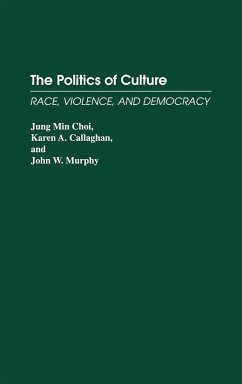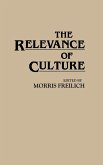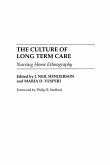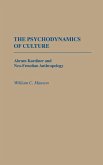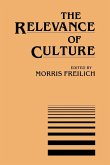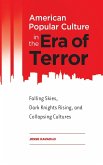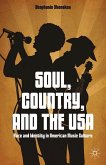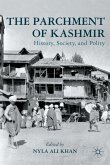Postmodern philosophy is shown to be a valuable tool for exposing the bankruptcy of laissez-faire economics and culture and in developing a democratic policy. Despite the claims made by conservatives, Choi, Callaghan, and Murphy argue that an unencumbered market does not encourage pluralism. Sources of power are left intact that work in various ways to truncate democracy. Postmodernism offers an alternative to the conservative ideology and provides a new approach to promoting social equity. The protests in Los Angeles during the spring of 1992 signaled that the United States is a troubled society. Specifically, many people are not close to experiencing democracy. This is the case even though American society is becoming increasingly diverse. Certain powerful interests constrict the American policy in very important ways. Postmodern philosophy is used by Choi, Callaghan, and Murphy to illustrate how this control is maintained through the manipulation of symbolism and other cultural factors. Accordingly, they contend, new symbolism is needed before a democratic, pluralistic polity can be said to exist. Postmodernism is also employed to show how a democratic mode of order can be conceptualized. Contrary to what some critics claim, Postmodernism is a worldly philosophy that has much to say about contemporary issues. This volume of cultural criticism will be of interest to political philosophers, sociologists, and others concerned with current social and political problems.
Bitte wählen Sie Ihr Anliegen aus.
Rechnungen
Retourenschein anfordern
Bestellstatus
Storno

